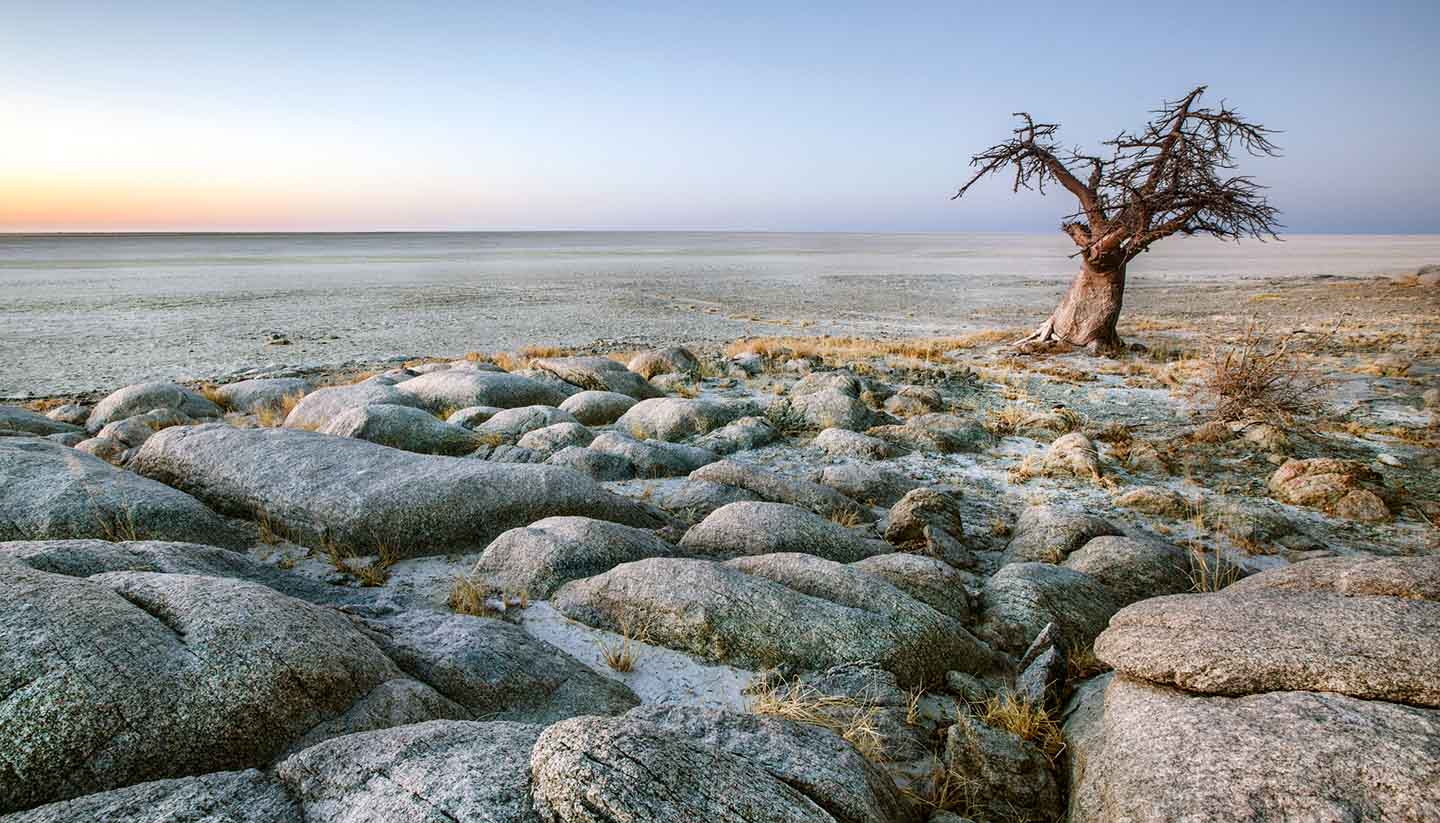Botswana History, Language and Culture
History of Botswana
Botswana's history is one of resilience, transformation, and quiet triumph. Long before European borders were drawn, the land that is now Botswana was home to various Bantu-speaking peoples, as well as the indigenous San (Bushmen), who left behind ancient rock paintings at sites like Tsodilo Hills—some dating back thousands of years.
By the 19th century, powerful Tswana kingdoms had emerged across the region. These states maintained trade routes and complex political systems, and when European colonial interests began to spread through southern Africa, local leaders worked astutely to protect their autonomy. In 1885, Botswana became the British Protectorate of Bechuanaland—not a colony, but a territory under British oversight. This arrangement was largely shaped by Khama III, one of Botswana's most influential chiefs, who personally travelled to London to negotiate with Queen Victoria's government.
When independence came peacefully in 1966, Botswana was one of the poorest countries in the world, with just a handful of paved roads and minimal infrastructure. But thanks to stable leadership, prudent governance, and the discovery of diamonds shortly after independence, the country rapidly transformed its fortunes. Under the first president, Sir Seretse Khama, Botswana laid the foundations for a democratic system that continues to this day.
Unlike many of its neighbours, Botswana has remained politically stable and free from major conflict since independence. Its democratic institutions are strong, corruption is low by regional standards, and it has often been praised as one of Africa's most successful development stories.
Today, Botswana continues to balance tradition and progress, with a deep respect for its cultural heritage and a strong commitment to conservation, education, and regional cooperation.
Did you know?
• Botswana is home to the world's largest population of elephants, with an estimated 130,000 roaming freely—many of them in and around Chobe National Park.
• The country's founding president, Sir Seretse Khama, married Ruth Williams, a white Englishwoman, in 1948—a union that defied the norms of both apartheid-era southern Africa and British colonial expectations, and inspired the film A United Kingdom.
• Botswana's national currency, the pula, means "rain" in Setswana—a reflection of how precious rainfall is in this largely arid country.
Botswana Culture
Religion in Botswana
Christian (79.1%), None (15.2%), Badimo (4.1%), Other (1.4%), Unspecified (0.3%).
Social Conventions in Botswana
The people of Botswana are generally warm, polite, and respectful. Greetings are important and often elaborate, especially in rural areas. A handshake is customary, and it's polite to take a moment to exchange pleasantries before getting to the point of a conversation. When greeting elders, showing deference—such as using two hands or lightly touching the elbow with the left hand—is a sign of respect.
Modesty in dress and behaviour is valued, especially in traditional or rural settings. Revealing clothing may be frowned upon outside of tourist resorts or lodges. Public displays of affection are generally discouraged. Visitors are expected to be courteous, patient, and avoid raising their voices in public.
Tipping is appreciated but not mandatory. In restaurants, a tip of around 10% is customary for good service. Hotel staff, safari guides, and drivers often rely on gratuities, and many lodges provide suggested tipping guidelines. Rounding up taxi fares or offering a small tip to helpful staff is also appreciated.
Photography is widely accepted in Botswana, particularly in tourist areas and parks. However, visitors should always ask permission before taking photos of people, especially in rural villages or traditional settings. Photography of government buildings, military installations, border posts, or airports may be restricted or frowned upon. When in doubt, it's best to ask first.
Respect for elders and traditional authority remains strong in Botswana. When visiting a village or community, it's a good idea to greet the village head or a senior figure if introduced. Gifts or offerings are not expected but are welcome if given with sincerity and appropriate to the setting.
Language in Botswana
The official language of Botswana is English. It is used in government, education, business, and legal affairs. However, Setswana (also known as Tswana) is the most widely spoken language in daily life and is understood across much of the country. Visitors will find that English is commonly spoken in towns, tourist areas, and by those working in the hospitality industry.


